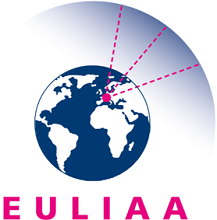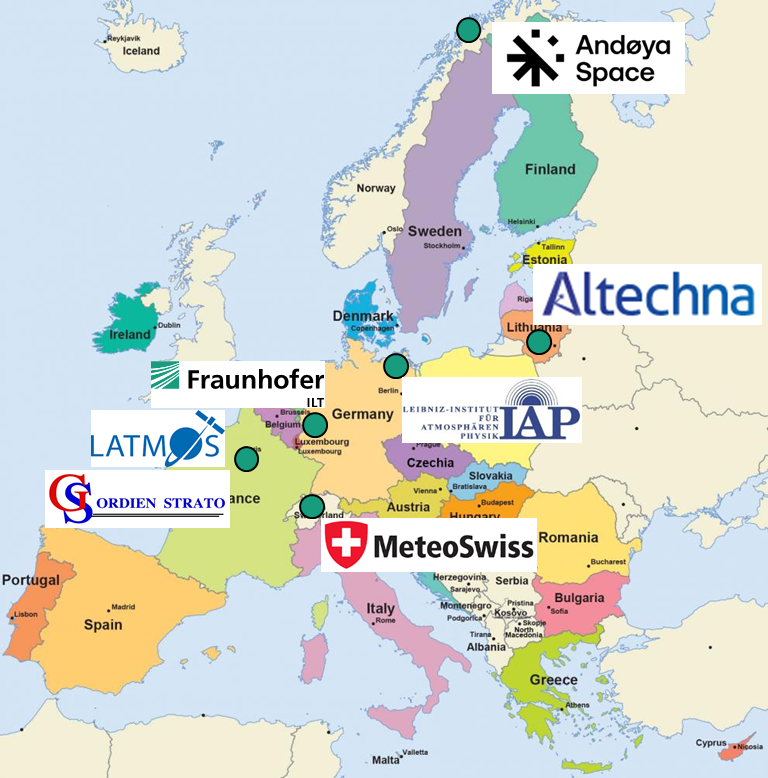
Within EULIAA seven partners, research organizations and SMEs, from five countries all over Europe bring together their unique expertise in atmospheric measurement, lidars, lasers, optics, and data management to develop the European Lidar Array for Atmospheric Climate Monitoring
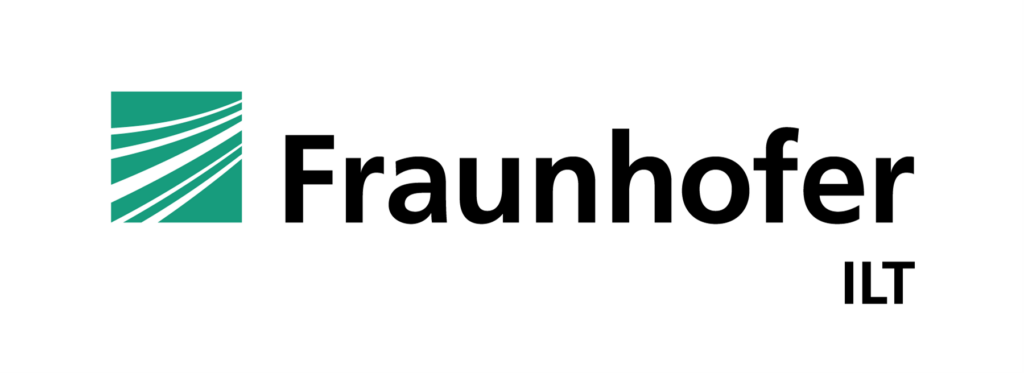
The Fraunhofer-Gesellschaft zur Förderung der angewandten Forschung e.V. is a link between science and industry, that is between the research and the application of its results. It has 12500 employees in 56 Institutes at 40 locations and a research budget of about 1.2bn €.
With more than 250 employees and 10,000m² of usable floor space the Fraunhofer Institute for Laser Technology ILT, is world-wide one of the most important development and contract research institutes in laser beam sources and components, the use of modern laser measurement and testing technology and laser-supported manufacturing. ILT has expertise in Optics design, Non linear optics, Tunable laser and packaging that will be relevant for EULIAA.
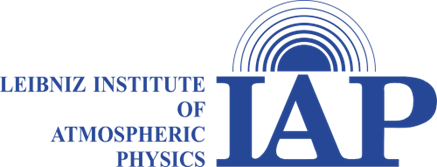
The Leibniz Institute for Atmospheric Physics IAP conducts research in physics of the mesosphere and lower thermosphere in close collaboration with national and international partners. IAP main research themes in the middle atmosphere (10-120 km) are the exploration of the atmosphere (temperature, wind, metal layers, aerosols, …); the coupling of atmospheric layers (tides, planetary waves, gravity waves and turbulence, …), the long-term changes (climate change, trends, …), the development of novel measurement techniques (lidar, radar, radiosondes, sounding rockets, …) and worldwide measurements with focus in mid-latitudes, the Arctic and Antarctica.

Altechna provides dielectric coatings and optical designs for industrial customers to reconsider laser geometries and achieve even higher peak levels of power, or to reduce the weight of the final commercial products. From test batches to mass production, the quality and repeatability of each product are assured by a metrology laboratory. AC can provide innovative solutions from femtosecond to continuous-wave technology.

Andøya Space provides the services and technologies that enable the science communities to explore our atmosphere and space environment. Andøya Space allows end-to-end testing of sensor systems. Regarding the Andøya Space observatory aspects, it is designed to minimize the effects of wind to provide an optimum environment for the lidar instrumentation. The beams can reach over 100 kilometers, and some can be tilted several degrees.

Gordien Strato is a French company working in the following domains: Atmospheric lidar, High altitude atmospheric physics, Total ozone (O3) and NO2 observations. Gordien Strato has a background in lidar technology (Rayleigh, Backscatter, Raman and Doppler wind lidars) and UV-Visible spectrometers (Mini-SAOZ instrument) within the scientific community, having helped to bring the technology from academia into the marketplace.
The company built, upgrades and maintains one of the worldwide most powerful Rayleigh lidar (the mosaic of eight 50cm-diameter telescopes, and six 24W-lasers) for the measurement of atmospheric temperature and density up to 110 km height, on French Ship “BEM Monge”.
Gordien Strato implemented a new Hi-Performance multi-wavelength Raman Lidar for Cloud Aerosol Water Vapor Research (IPRAL) at SIRTA/IPSL. This high-power research Lidar includes innovative characteristics that do not yet exist among current lidars in France.
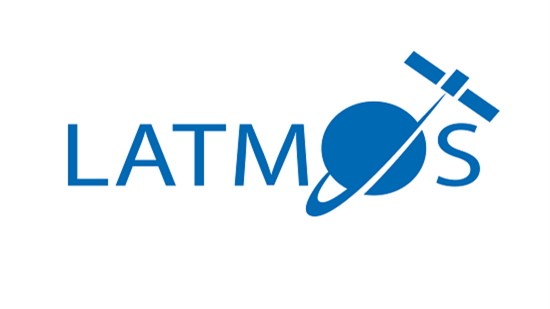
LATMOS is the Atmospheres, Space Observations Laboratory specialized in the study of the fundamental physico-chemical processes governing the terrestrial and planetary atmospheres and their interfaces with the surface, the ocean, and the interplanetary environment. LATMOS has developed strong instrumental skills, built innovative instruments deployed from the ground and sometimes put into orbit or set off to encounter other bodies in the solar system. Numerical atmospheric models are also developed and used to interpret the various observations.
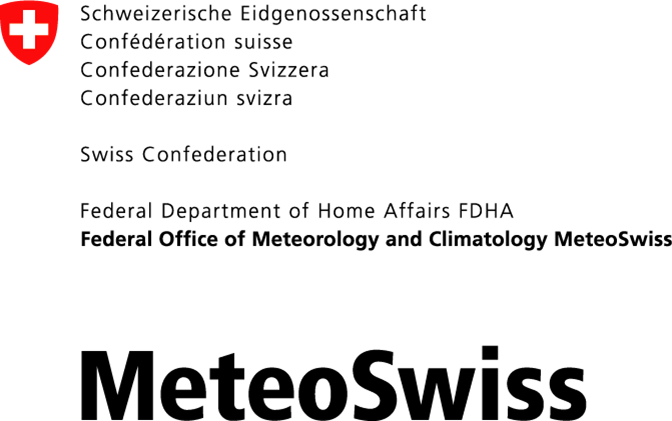
MeteoSwiss is a research entity participating in national and international collaborations with universities and other national meteorological services. MeteoSwiss focuses on applied research along with development of new production methods and new weather and climate products. MeteoSwiss works in close cooperation with universities and the research institutions of ETH Zurich to ensure the seamless transition from university research to internal applied research and development.
